

Nigeria is Africa’s largest economy and has one of the widest energy gaps in the world. To provide the necessary economic growth for its growing population, Nigeria urgently needs to improve its power sector. The country’s current installed capacity is close to 13,000 megawatts, but in practice, only about 3,800 megawatts gets evacuated for consumption due to the various breakdowns across the value chain. The government’s aim to boost electricity access from 45% today to 90% by 2030 require extensive plans for rural and urban electrification and will drive even more demand. The government privatized part of the power sector in 2013, hoping to promote efficiency, attract private investment, and increase generation, but this has yet to deliver results due to misaligned incentives. Post-privatization, many of the challenges witnessed have been centred on unreliable gas supply, electricity tariffs below cost recovery, vandalism, insufficient metering, and liquidity shortfalls.
To this end, The Energy for Growth Hub, in partnership with Centre for the Study of the Economies of Africa (CSEA) and Nextier Power recently convened a one-day workshop to discuss some of the power sector’s needs and present to key stakeholders in the power sector, policies that would be essential in resolving the sector’s challenges and restoring financial viability in the value chain.
Click button below to download the outcome of the workshop.As a side event of the T20 Summit in Tokyo, Japan, the Southern Voice Network in collaboration with the JICA Research Institute organized a panel discussion to review progress of the Sustainable Development Goals (SDGs) across the regions and draw implications for its accelerated implementation.The 2030 Agenda provides a universal framework for both developed and developing countries to achieve sustainable development. At the same time, it is becoming clear that understanding universality in our heterogeneous global system is more complex than it appears. This is because the implementation process of the 2030 Agenda for all needs to take into account different national realities, capacities, levels of development and priorities.
CSEA senior research fellow, Dr. Adedeji Adeniran, participated in the panel discussion which featured panelists from Asia, Africa, Latin America and Europe to discuss the challenges regions face towards the implementation of the SDGs and propose possible solutions to them. The panel discussion also builds on the findings from the Southern Voice’s flagship initiative “State of the SDGs”. This initiative brings into the political debates evidence-based analysis from research centers across the Global South, aimed at contributing to the implementation of the 2030 Agenda. The event was held on 26 to 27May 2019.
The Africa- China Think Tank Forum hosted by the Policy Monitoring and Research Centre (PMRC) was organized under the theme “Rebranding Africa as Premiere Destination”. The forum was convened to promote Africa’s Global Economic Cooperation through sharing knowledge and research objectives on infrastructure, economic development and trade facilitation and initiating the process to establish global think tanks network committed to building great cooperation with China and the rest of the World. CSEA research Associate, Joseph Ishaku participated in a Panel discussion titled “Rebranding Africa in the New World Order”. He highlighted the need to include Africa’s youth at the forefront of its development in an effort to plug Africa into the New World Order that is characterized by tremendous technological advances. Hence, it is critical to build the human capital of young people in Africa through massive investments in their health & education. The event was held from May 23 to 24, 2019 in Lusaka, Zambia.
The Research on Improving Systems of Education (RISE) Nigeria workshop was organized to investigate aspirations and clusters of educational excellence, with an interest in the behavioral and social mechanisms for mobility. The five project components will address: 1) Mission and Colonial Schools; 2) Free Primary Education (FPE); 3) National Youth Service Corps (NYSC); 4) School Based Management Committees (SBMCs); and 5) Political Economy. The RISE Nigeria project would provide evidence-based research and policy recommendations on school governance and key stakeholders, as well as demand for education. CSEA's Esecutive Director, Dr. Chukwuka Onyekwena participated in the workshop which was held in Princeton University, New Jersey on May 20-21, 2019.
Nigeria is Africa’s largest economy, but also has one of the widest energy gaps in the world. With a quickly growing population, Nigeria urgently needs to improve its power sector. The country’s current installed capacity is reported at 12,500 megawatts, but in practice, only about 3,800 megawatts gets evacuated. The government’s aim to boost electricity access from 45% today to 90% by 2030 will drive even more demand. The government privatized part of the power sector in 2013 hoping to promote efficiency, attract private investment, and increase generation, but this has yet to deliver results. The Energy for Growth Hub, in partnership with Centre for the Study of the Economies of Africa (CSEA) and Nextier Power convened a one-day workshop to discuss some of the power sector’s needs and present to key stakeholders in the power sector, policies that would be essential in resolving the sector’s challenges and restoring financial viability in the value chain. The workshop focused on three priorities: solving barriers in the gas-to-power value chain, an active plan for renewable energy integration, and energy theft under the theme The Electricity Landscape in Nigeria: Challenges and Policy Bottlenecks The workshop held on Tuesday, May 21, 2019, at The Wells Carlton Hotel Asokoro, Abuja, Nigeria.
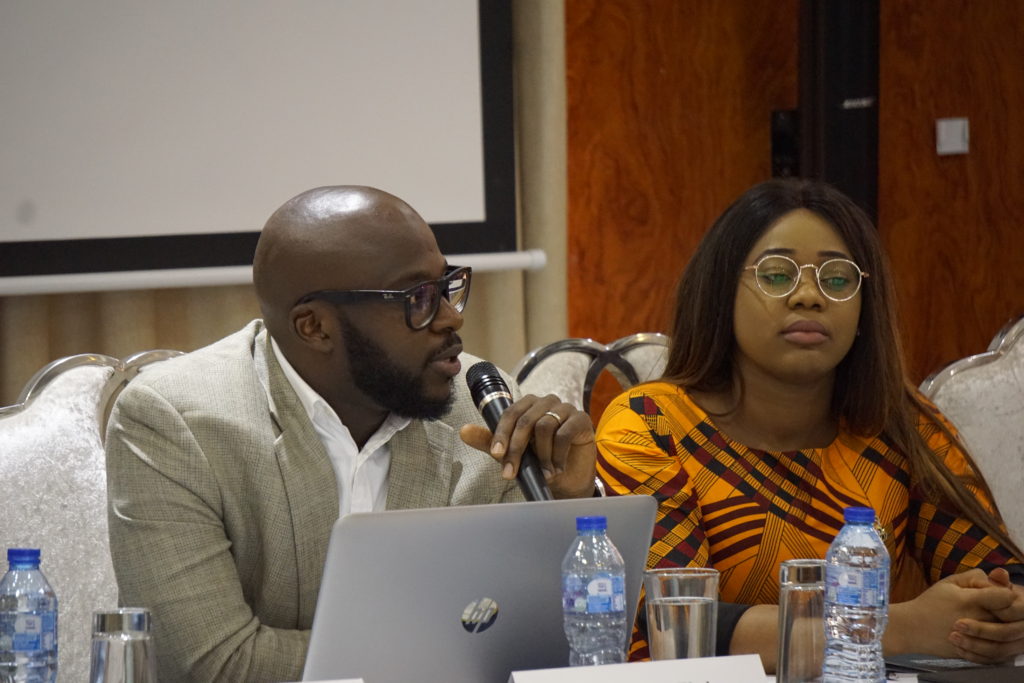
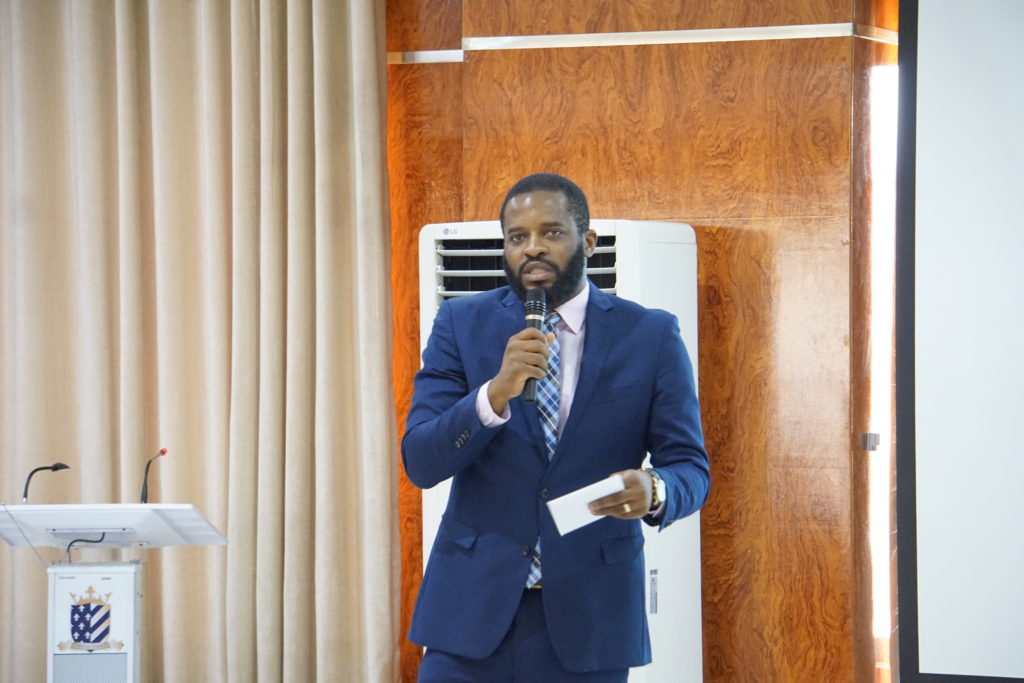
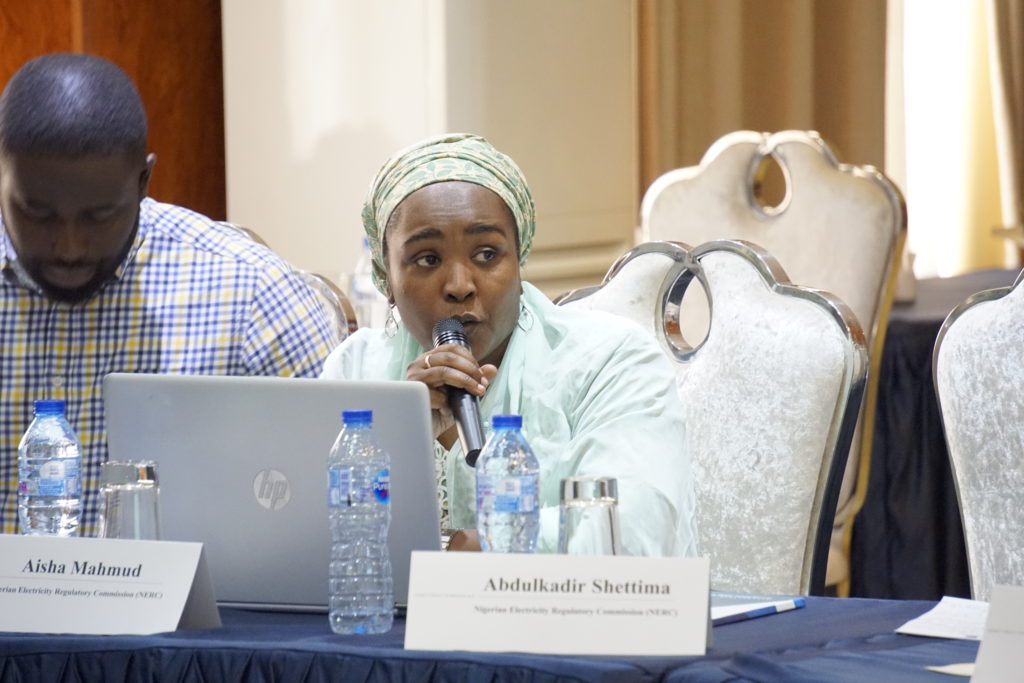
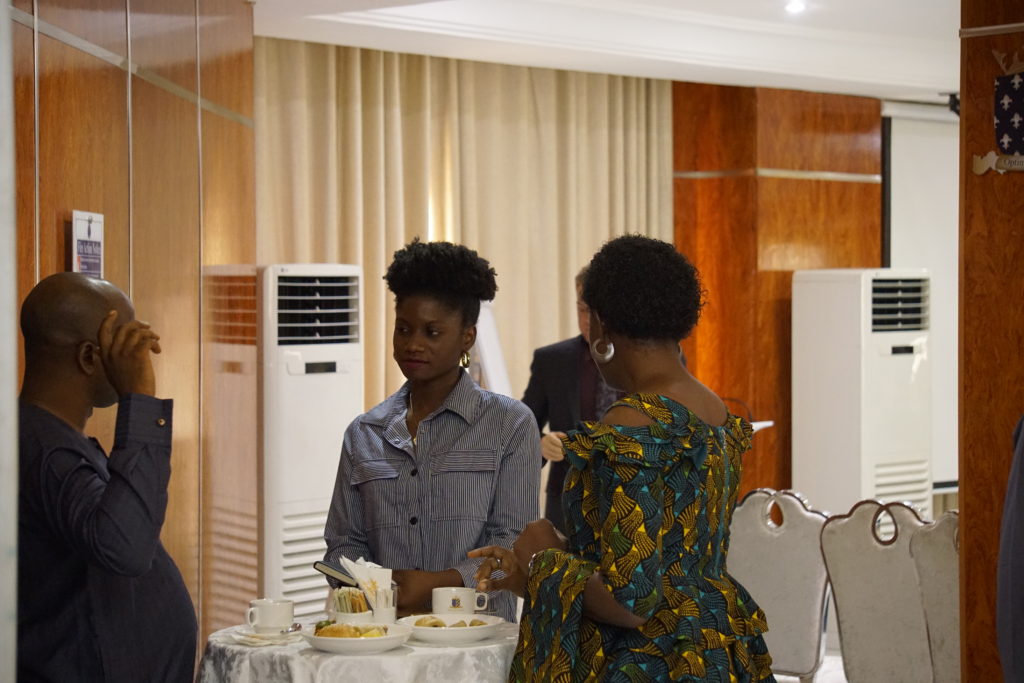
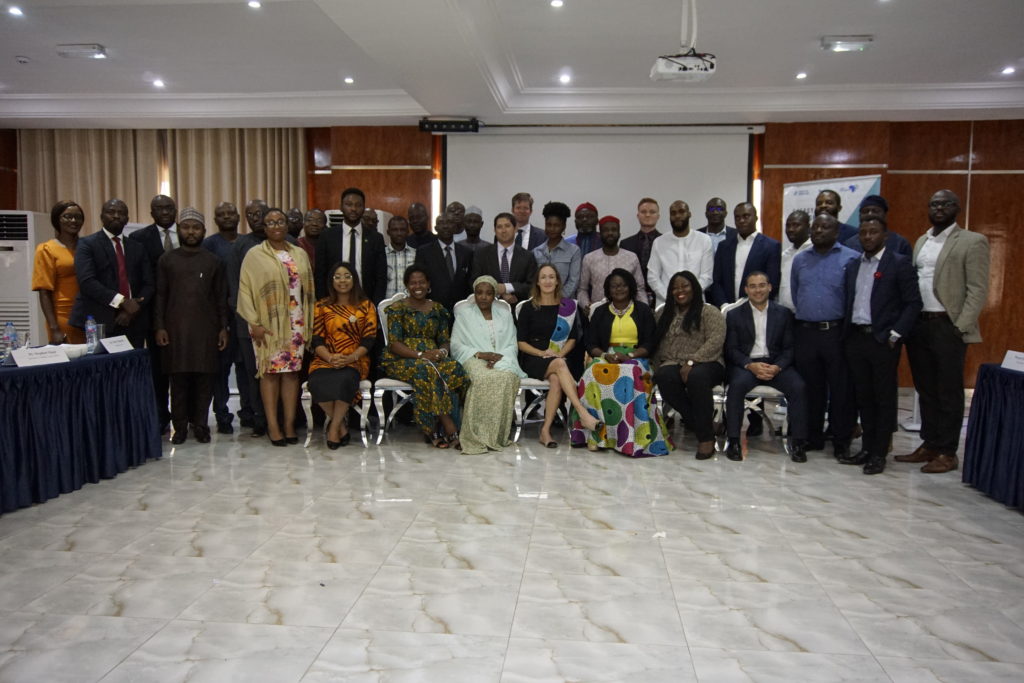
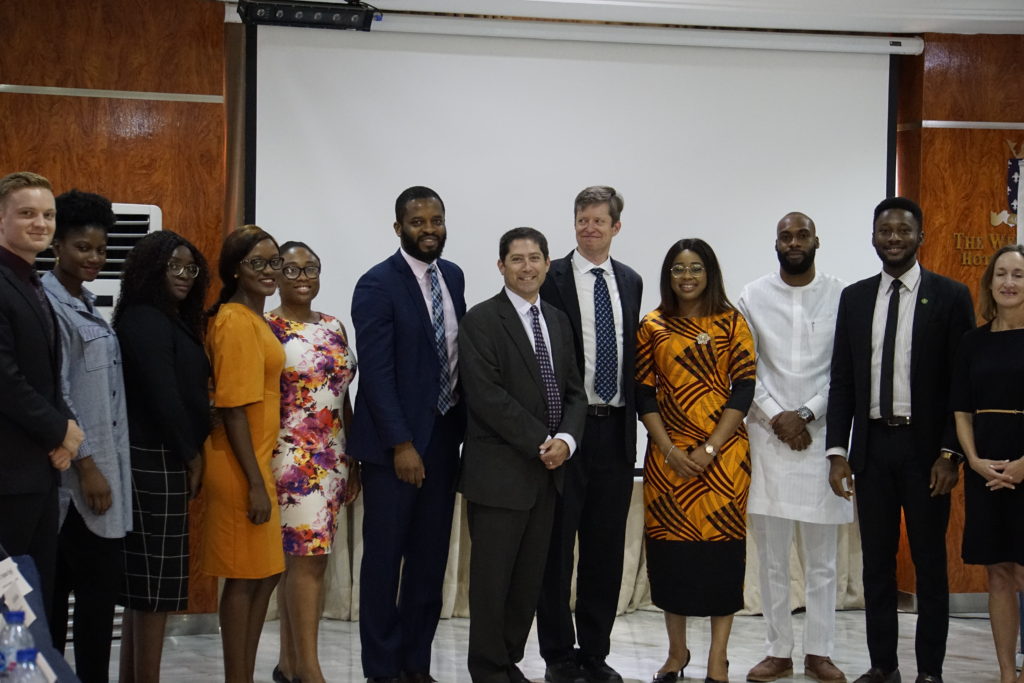
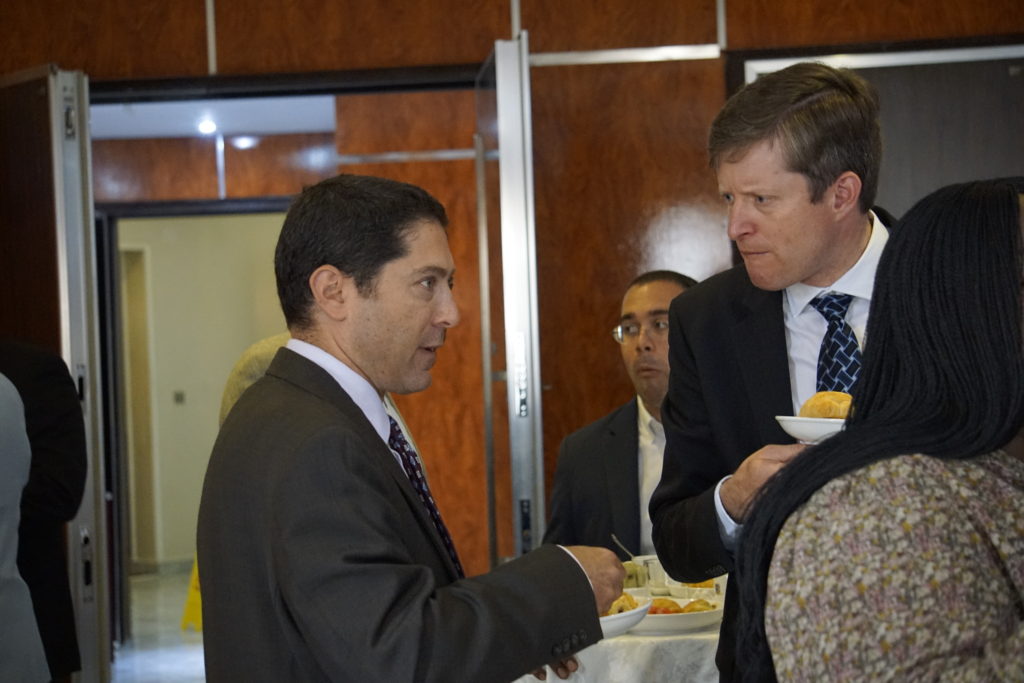
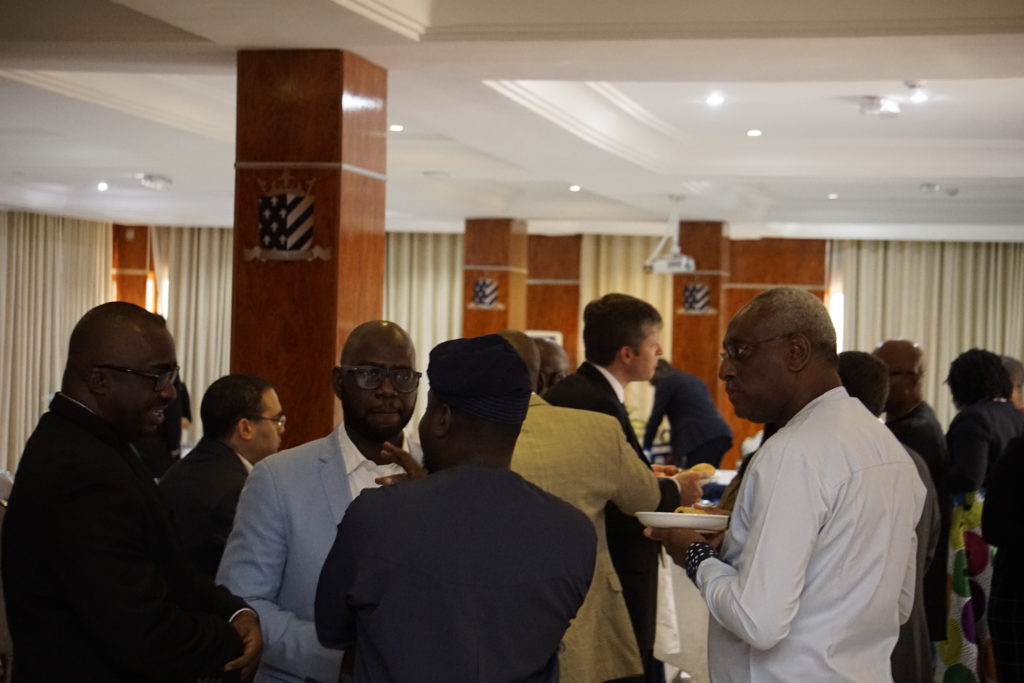
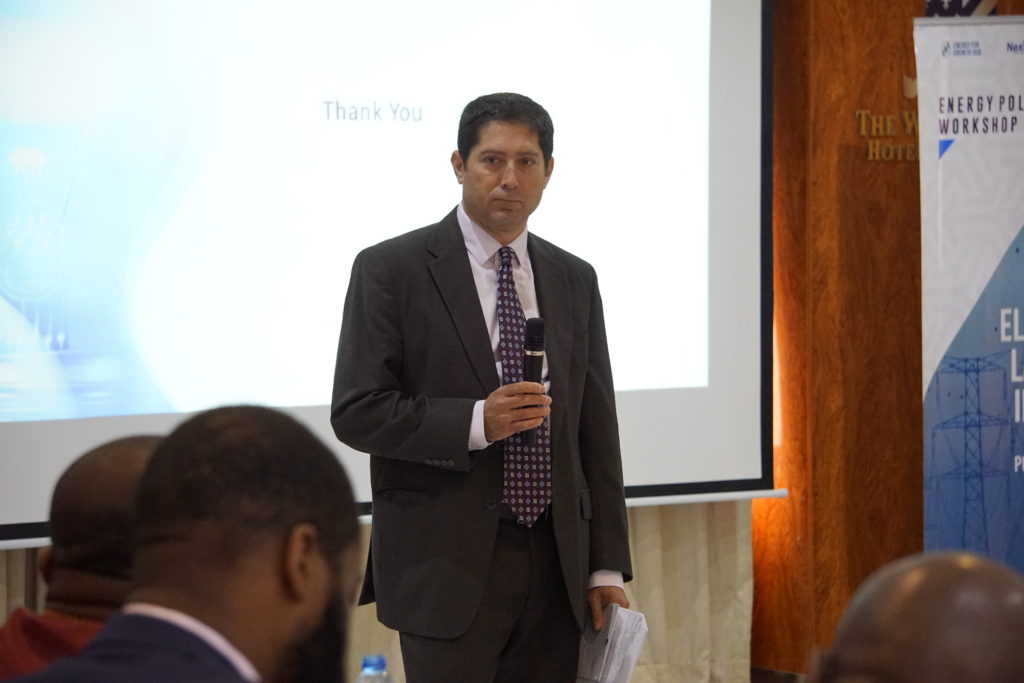
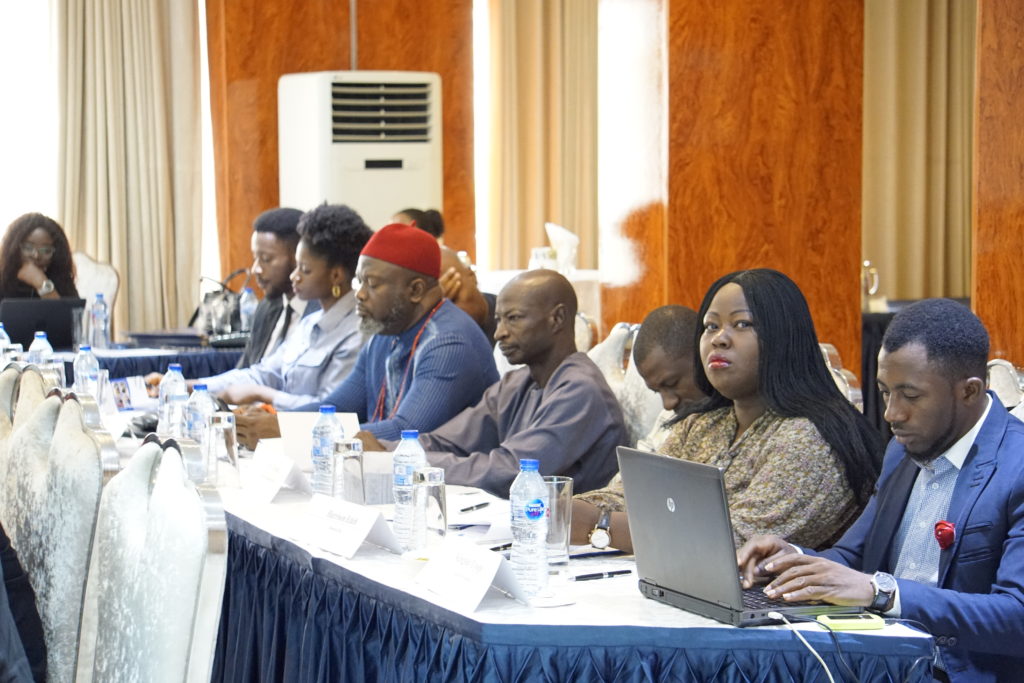
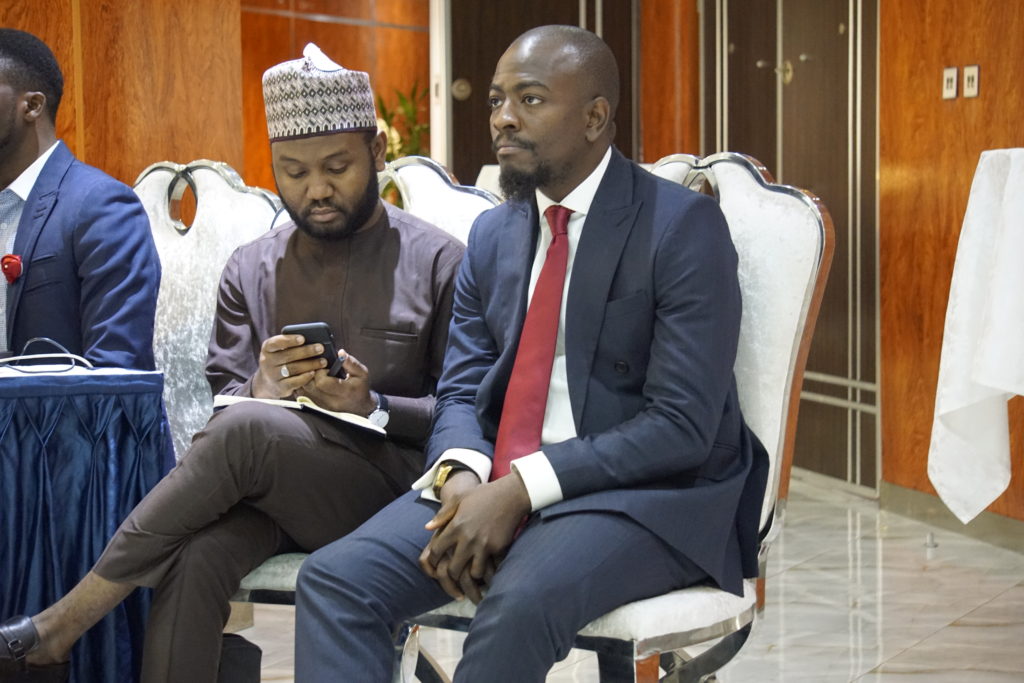
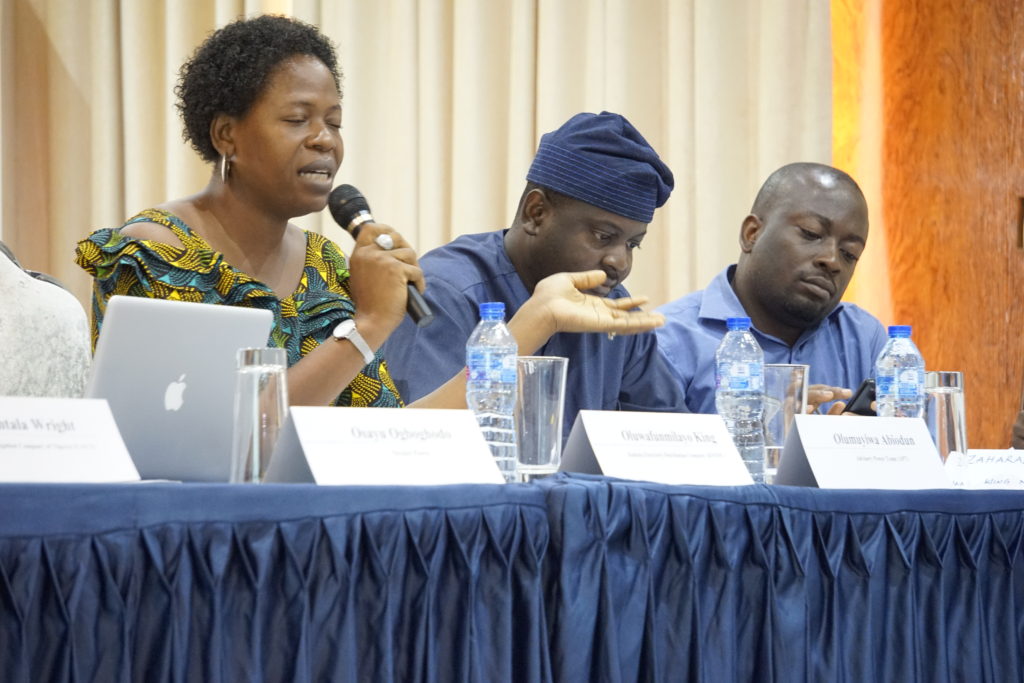
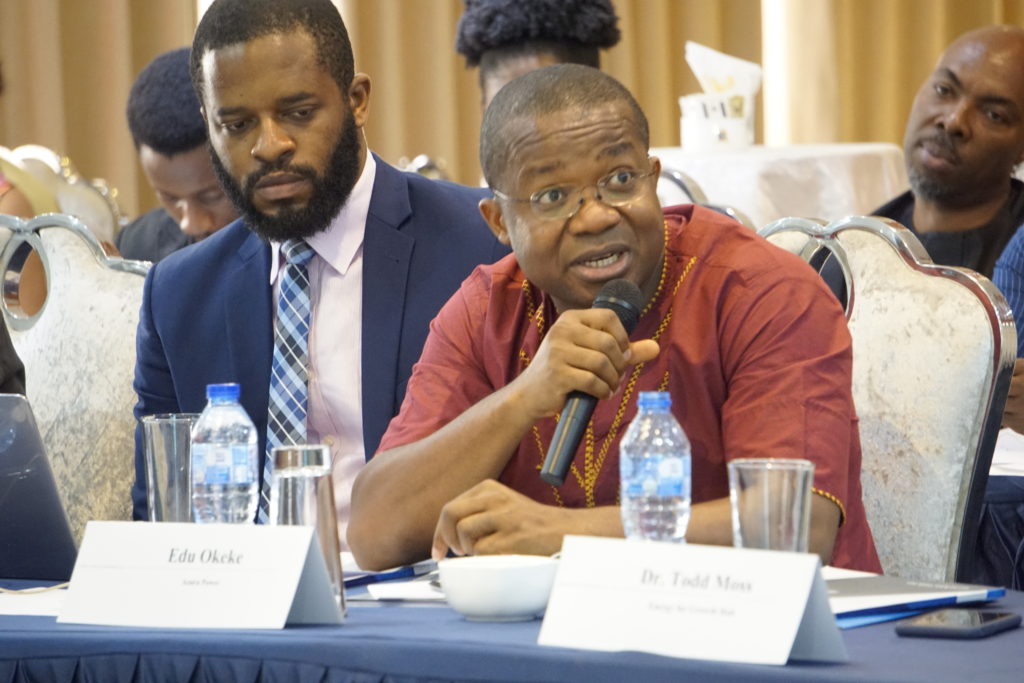
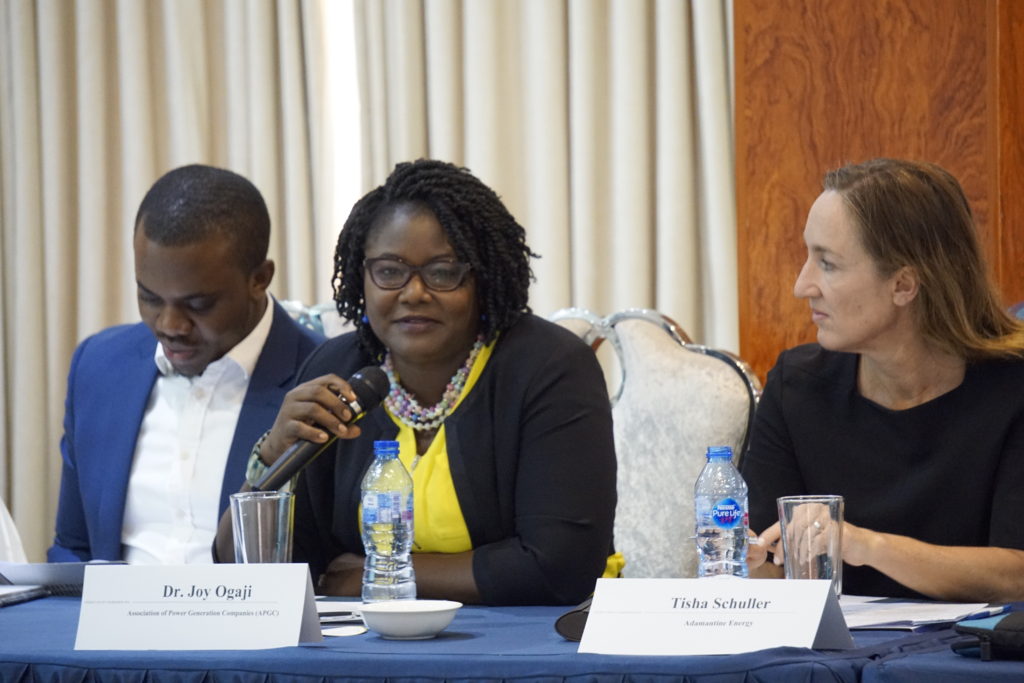
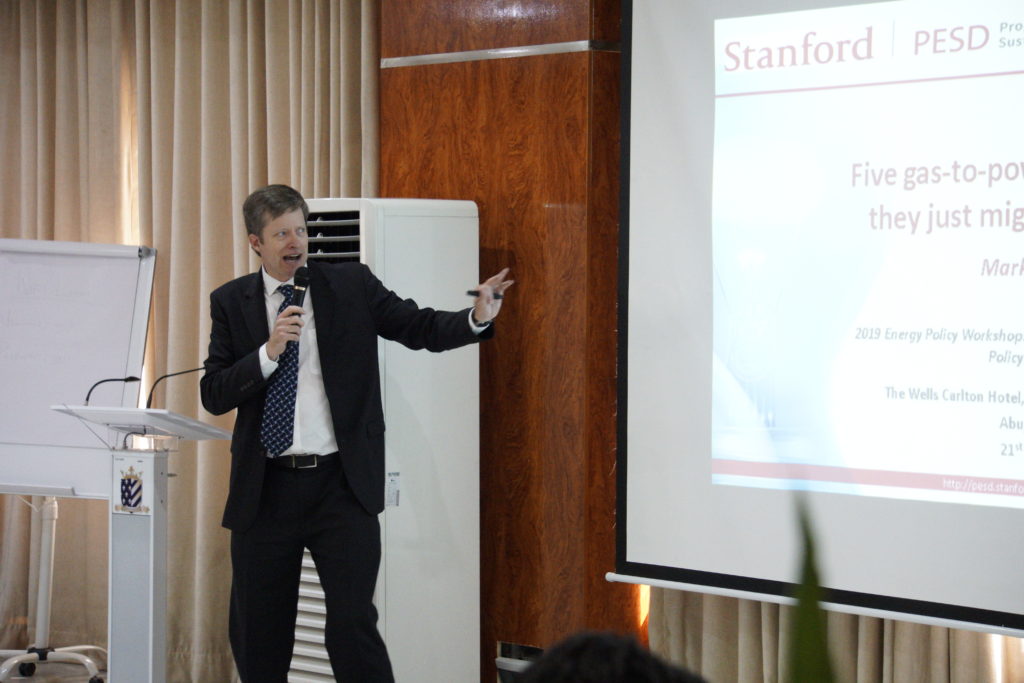
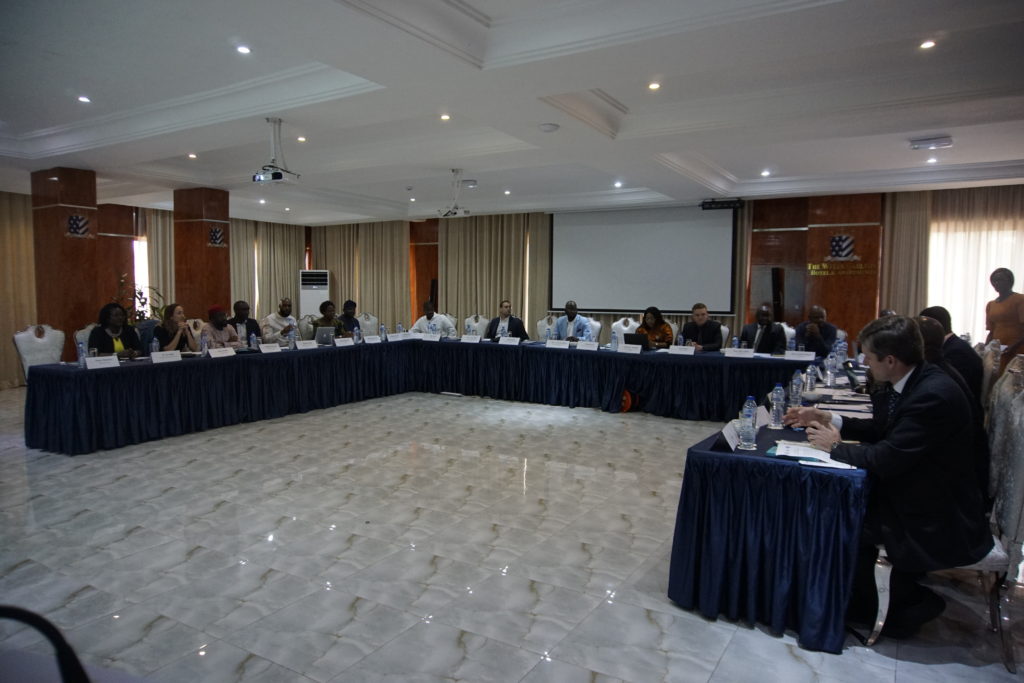
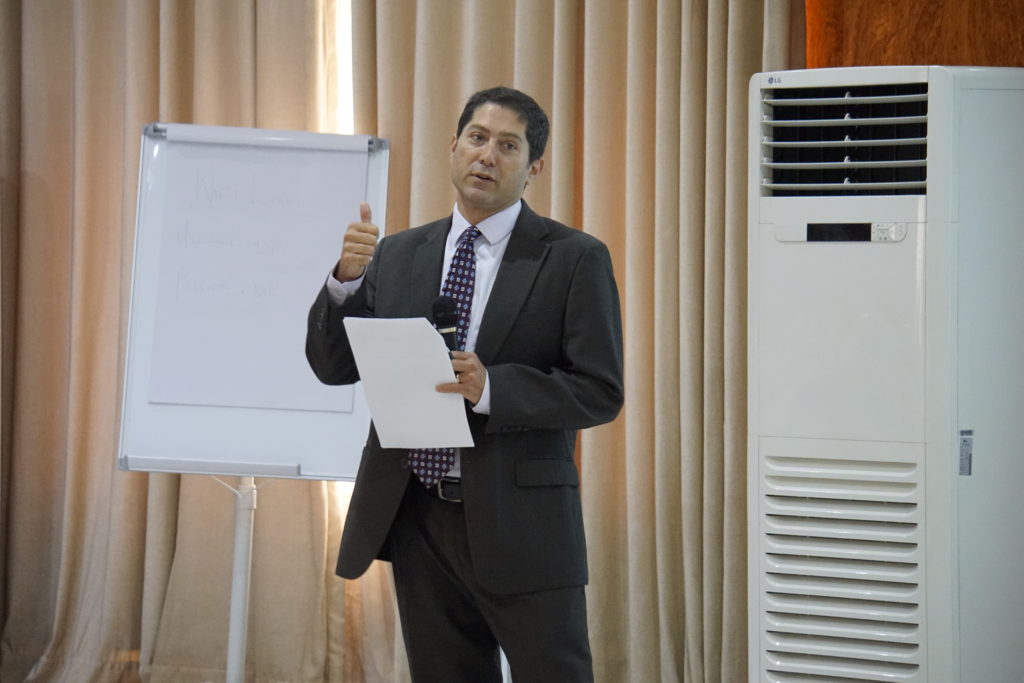
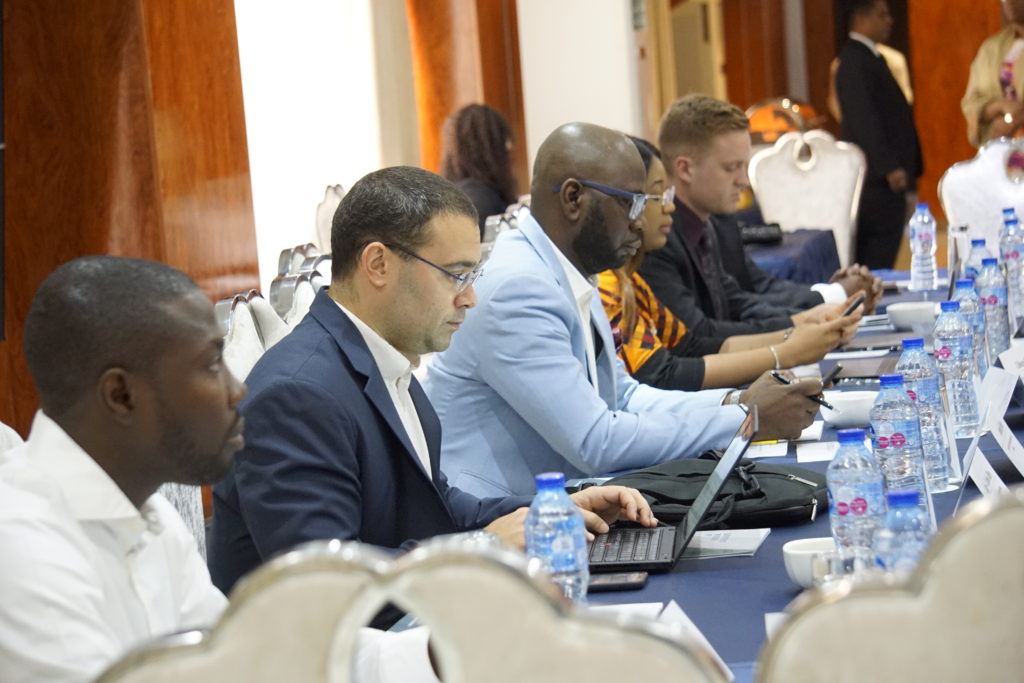
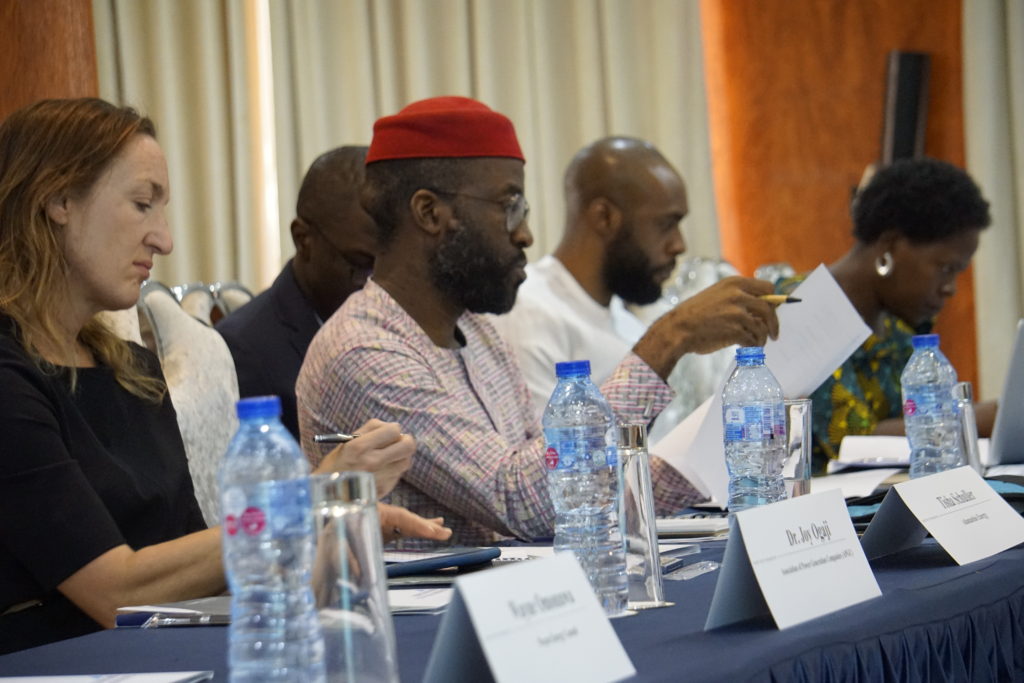
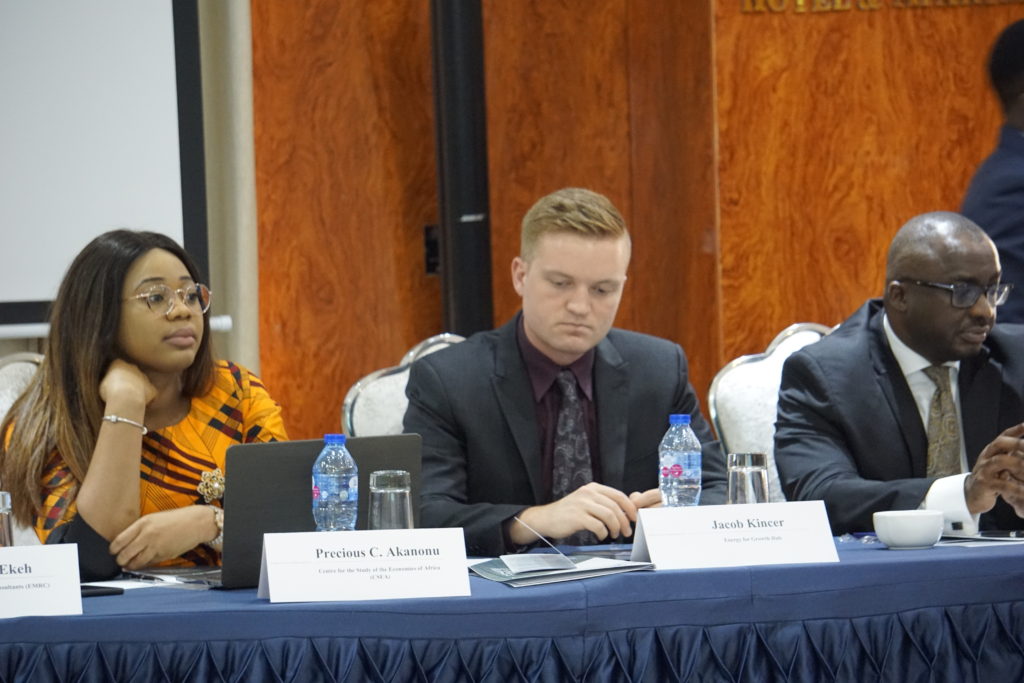
In the News
https://businessday.ng/news/article/nextier-stakeholders-want-fg-to-address-weak-governance-data-concerns-2/ https://guardian.ng/energy/experts-raise-concern-seek-review-of-power-sector/